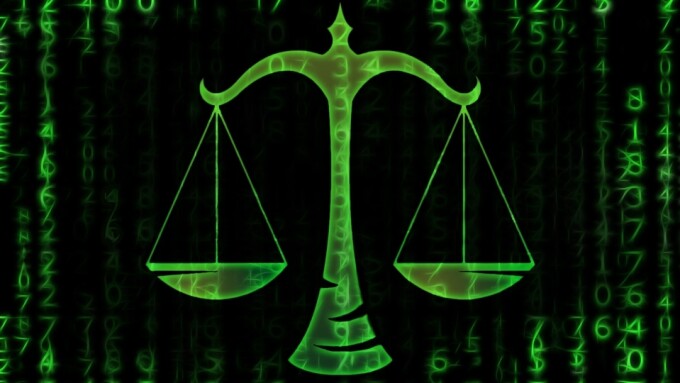LOS ANGELES — Playboy Enterprises Inc. on Thursday told a federal court that the operator of BoingBoing.net profits from the works of others as a clickbait site and has no fair-use defense after it posted a series of hyperlinks that lead to a trove of Playboy centerfolds.
Originally filed in November, Playboy’s $71.5 million infringement suit against the blog alleges that BoingBoing linked to a complete collection of its centerfolds that had been uploaded without permission to the websites Imgur.com and YouTube.
In the BoingBoing post, titled “Every Playboy Playmate Centerfold Ever,” Boing Boing editor Xeni Jardin wrote that the hundreds of images allow users to “see how our standards of hotness, and the art of commercial erotic photography, have changed over time.”
Last week, Boing Boing filed a motion to dismiss in which it defended its right link to copyrighted content without it constituting infringement.
“This lawsuit is frankly mystifying. Playboy’s theory of liability seems to be that it is illegal to link to material posted by others on the web — an act performed daily by hundreds of millions of users of Facebook and Twitter, and by journalists like the ones in Playboy’s crosshairs here,” BoingBoing attorneys wrote.
But Playboy, once a pioneer in free-speech rights, told a federal judge yesterday that BoingBoing’s legal theory, that its linking to the two sites is fair use, is defective.
BoingBoing “apparently believes that it cannot be held liable under copyright law for actively promoting infringing content despite having every reason to know that it was linking to infringing content, having been able to take simple measures to prevent further damage to Playboy’s copyrighted works, and having failed to take any such steps,” Playboy attorneys wrote in the company’s opposition to BoingBoing’s motion to dismiss.
“This is an important case. At issue is whether clickbait sites like Boing Boing’s weblog — a site designed to attract viewers and encourage them to click on links in order to generate advertising revenue — can knowingly find, promote, and profit from infringing content with impunity,” Playboy attorneys wrote.
“While such sites may be within their rights to profit from the creative efforts of others, courts both domestically and abroad have made clear that knowingly linking to infringing materials is a different story.”
Playboy counsel went on to say that BoingBoing’s defense, supported by the Electronic Frontier Foundation (EFF), is urging the court to ignore that intellectual property laws so that online sites are free to not only encourage, facilitate and induce infringement, but to profit from posting the links.
“[BoingBoing] knowingly connected its website to third-party sites loaded with unlawful copies of Playboy’s works,” Playboy attorneys said. “Its only goal in doing so was to exploit and monetize the web traffic that over 50 years of Playboy photographs would generate.
“Given these facts, it is properly charged with liability for copyright infringement and this motion must be denied.”
The EFF’s legal director, Corynne McSherry, however, said in a statement that courts have long-recognized that simply linking to content on the web isn’t unlawful. She said that the suit is groundless and should be tossed.
“Boing Boing didn’t upload, publish, host, or store any images that Playboy owns, didn’t control the images, and didn’t contribute to the infringement of any Playboy copyrights,” McSherry said.
“It’s mystifying that an entertainment company that has often fought to defend free speech rights is trying to punish Boing Boing for doing what has made it a leading online source of news and commentary — unique and groundbreaking reporting on art, science and popular culture.”







